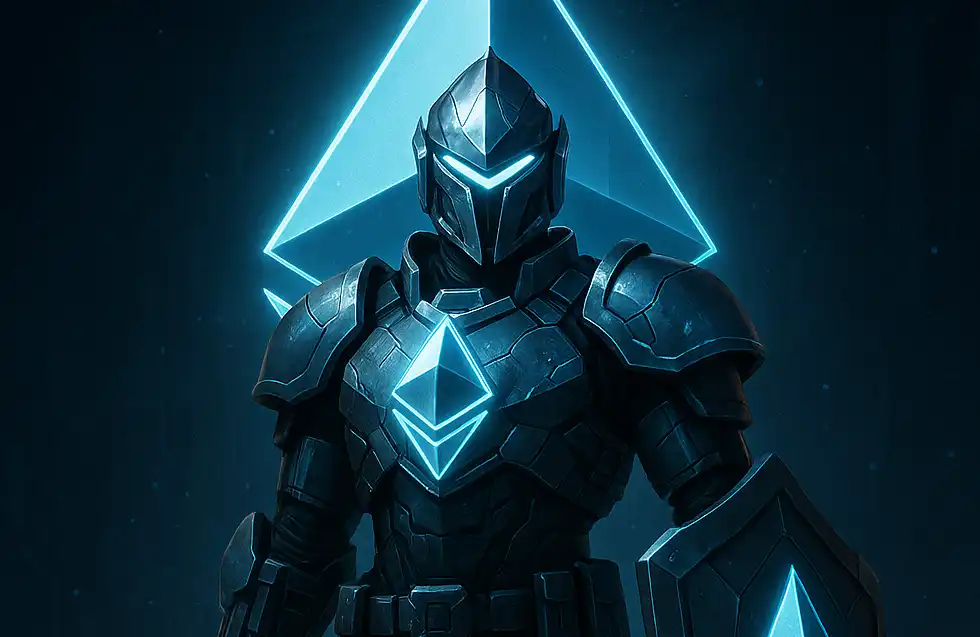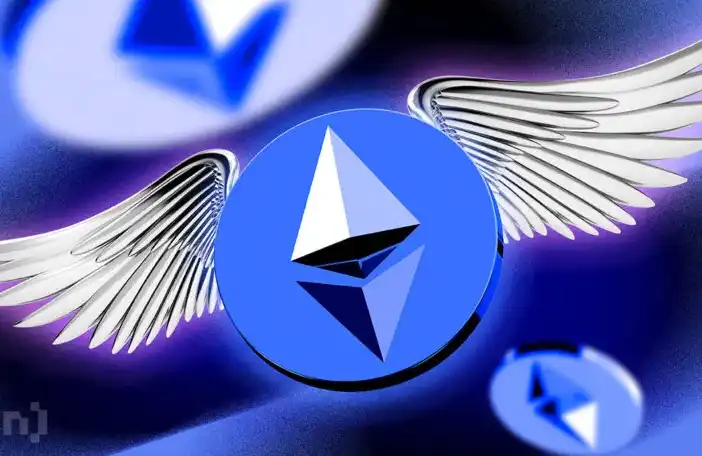Modular cross-chain DEXCatalyst: Solve cross-chain problems with modular protocols
Catalyst Introduction
Catalyst is an open-source, modular blockchain liquidity protocol created by the team at Cata Labs. Through Catalyst, the new chains will be able to create cross-chain liquidity pools and cross-chain transactions with pivotal chains such as Ethereum and Cosmos without a license. Catalyst aims to make it easier to cross chains and inject greater mobility into a modular future.
From modularity chain to modularity protocol
For blockchain, modularity overcomes the "triangle of impossibility" dilemma of blockchain scalability, allowing for improved performance of rolling while the underlying settlement and DA are still decentralized and secure. With Interoperability Protocols, there is also a trade-off between scalability and minimization of trust (time-to-market versus security). Multi-sign Bridges are easily scaled to different domains (for example, from Ethereum to Solana), while the zk-SNARK protocol will scale very slowly to new lightweight clients and on-chain validator implementations.

Like blockchain, interoperability protocols can be modularized into three parts.
Application: Interpret data in the standard schema
Validation: To ensure the validity of the data being passed
Transfer: The transfer of data from one domain to another

By sharing the application layer, interoperability protocols can share interfaces without having to recreate the same application-level standard (such as ERC) with proprietary specifications each time. Each interoperability protocol rebuilds the application-level patterns and standards that IBC has had for years: token standards, account abstractions (inter-chain accounts), inter-chain queries, and so on. By allowing the authentication layer to be configurable, the interoperability protocol can be scaled at the outset and become more trust minimized over time. The greatest potential is a shared common transport layer, which makes interoperability protocols even more interoperable, because monolithic protocols cannot communicate with each other, and each protocol requires a separate network of words.
There are also projects working to bring IBC to other ecosystems, such as Ethereum, Polkadot, Near, Mina, Solana, etc. As a result, cryptocurrencies become more interoperable than they are today, which is the ultimate vision.
Catalyst's Vision: Make it easier to cross chains
No permission required
New chains require no licenses and can be connected to Catalyst as soon as they are deployed, making cross-chain liquidity pools and cross-chain interactions available to all
Mechanism design to ensure safety
Catalyst only needs to send a quick cross-chain message, and only utilizes tried-and-true, minimum-trust contracts like IBC
Community first
Collaboration and governance is the first principle, working with Cosmos, Ethereum developer communities to accelerate collaborative innovation
Simple and sustainable
Original asset one-click trading. Provide efficient capital liquidity and sustainable returns through MEVs
Catalyst team
Founder @0xjim is Aave team r& The head of b lab and the initiator of PleasrDAO. 0xjim gave a talk on modularity and Interoperability protocols at ETH Denver a while ago. He argues that interoperability protocols do not escape the influence of modularity, which allows a system to be better reassembled with optimally split, modular parts in order to overcome the tradeoffs and limitations inherent in a single stack.
summarize
The future of modularity has a long way to go, and modularity projects such as Catalyst are mostly still in the development phase. Building application-specific modularity chains is not easy for any development team: connectivity and composability are lost when you leave the shared state machine; Existing infrastructure such as RPC endpoints, block browsers and wallets is not readily available and running it in-house is expensive; Mobility is decentralized and requires building communities from the ground up, with no inherited network effort from the underlying foundation chain. In addition to powerful developer tools, the space needs apps that can attract a large number of new users in the next bull market, and it needs to really address user pain points around issues of composability, mobile value across chains, and even abstraction of chains.
Welcome to join the official BlockBeats community:
Telegram Subscription Group: https://t.me/theblockbeats
Telegram Discussion Group: https://t.me/BlockBeats_App
Official Twitter Account: https://twitter.com/BlockBeatsAsia


 Forum
Forum OPRR
OPRR Finance
Finance
 Specials
Specials
 On-chain Eco
On-chain Eco
 Entry
Entry
 Podcasts
Podcasts
 Data
Data


 Summarized by AI
Summarized by AI





